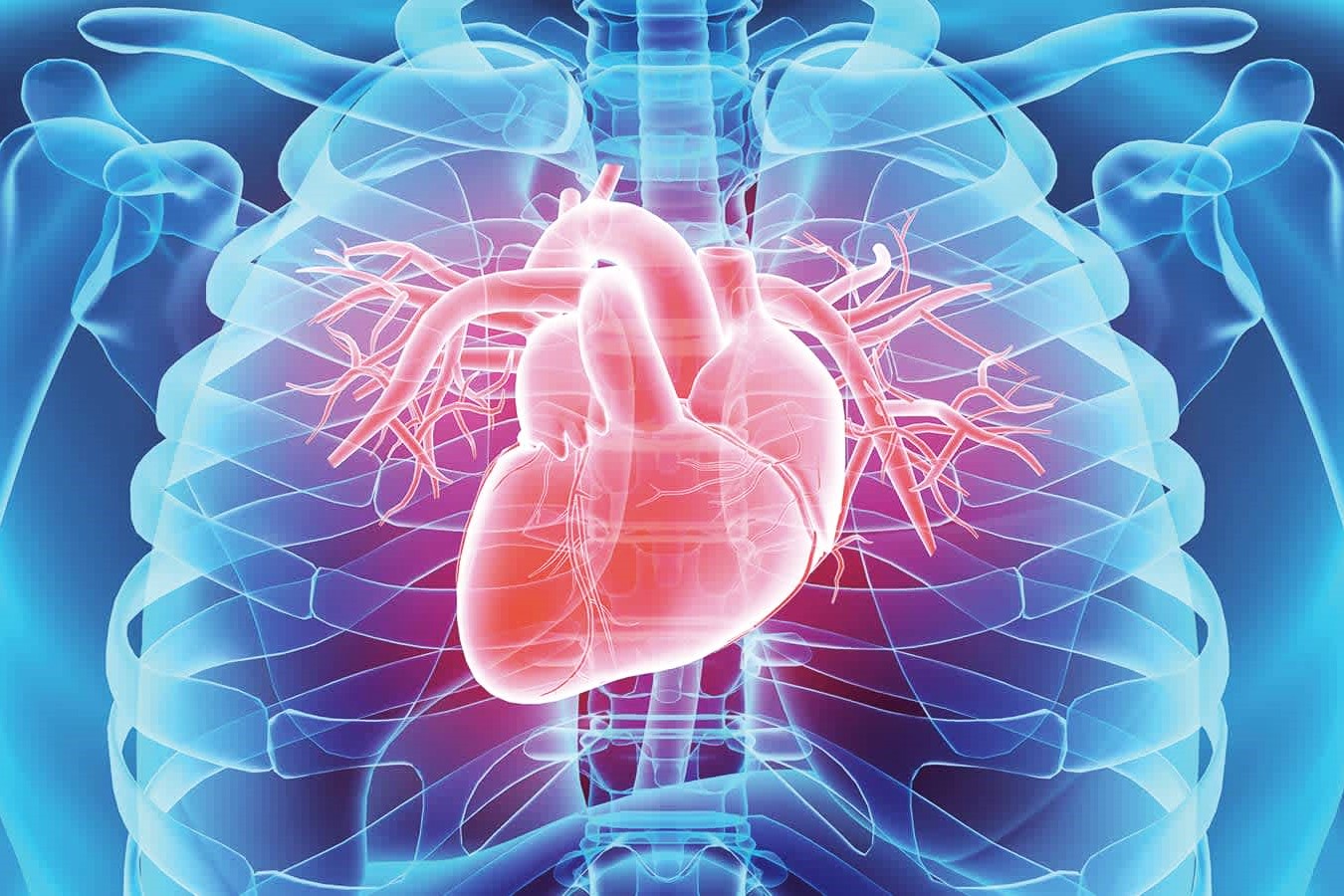
Myocardium disorder, often called cardiomyopathy, affects the heart muscle, making it harder for the heart to pump blood. This condition can lead to heart failure, irregular heartbeats, and other serious complications. Symptoms might include breathlessness, swelling in the legs, and fatigue. Causes range from genetic factors to chronic high blood pressure. Diagnosis typically involves imaging tests, blood tests, and sometimes a biopsy. Treatment options vary from lifestyle changes and medications to surgical procedures. Understanding myocardium disorder is crucial for managing heart health and improving quality of life. Let's dive into 25 essential facts about this heart condition.
Key Takeaways:
- Myocardium disorders, also known as cardiomyopathies, can affect the heart's ability to pump blood efficiently. There are three main types: dilated, hypertrophic, and restrictive, each affecting the heart muscle differently.
- Recognizing symptoms like shortness of breath, swelling, fatigue, and irregular heartbeats early can make a significant difference in managing myocardium disorders. Accurate diagnosis and effective treatment are crucial for a good quality of life.
Understanding Myocardium Disorders
Myocardium disorders, also known as cardiomyopathies, affect the heart muscle's ability to pump blood efficiently. These conditions can lead to severe health issues if not managed properly. Let's dive into some fascinating facts about myocardium disorders.
-
Cardiomyopathy Types: There are three main types of cardiomyopathy: dilated, hypertrophic, and restrictive. Each type affects the heart muscle differently.
-
Dilated Cardiomyopathy: This type causes the heart's chambers to enlarge, weakening the heart's ability to pump blood.
-
Hypertrophic Cardiomyopathy: In this condition, the heart muscle thickens abnormally, making it harder for the heart to pump blood.
-
Restrictive Cardiomyopathy: This rare form makes the heart muscle rigid, limiting its ability to expand and fill with blood.
Causes and Risk Factors
Understanding what leads to myocardium disorders can help in prevention and management. Here are some key causes and risk factors.
-
Genetic Factors: Many myocardium disorders are inherited, meaning they can run in families.
-
Infections: Viral infections can sometimes lead to myocardium inflammation, known as myocarditis, which can progress to cardiomyopathy.
-
Alcohol Abuse: Long-term excessive alcohol consumption can damage the heart muscle, leading to dilated cardiomyopathy.
-
Nutritional Deficiencies: Lack of essential nutrients like thiamine (vitamin B1) can cause heart muscle problems.
Symptoms to Watch For
Recognizing the symptoms early can make a significant difference in managing myocardium disorders. Here are some common signs.
-
Shortness of Breath: Difficulty breathing, especially during physical activity or while lying down, is a common symptom.
-
Swelling: Fluid buildup in the legs, ankles, and feet can indicate heart problems.
-
Fatigue: Persistent tiredness and lack of energy can be a sign of a struggling heart.
-
Irregular Heartbeats: Palpitations or an irregular heartbeat can be a warning sign of myocardium disorders.
Diagnosis and Testing
Accurate diagnosis is crucial for effective treatment. Here are some methods used to diagnose myocardium disorders.
-
Echocardiogram: This ultrasound test provides images of the heart, helping doctors assess its structure and function.
-
Electrocardiogram (ECG): An ECG records the electrical activity of the heart, identifying irregularities.
-
MRI: Magnetic resonance imaging offers detailed images of the heart's structure and function.
-
Blood Tests: Certain blood markers can indicate heart muscle damage or stress.
Treatment Options
Managing myocardium disorders often involves a combination of lifestyle changes, medications, and sometimes surgical interventions. Here are some common treatments.
-
Medications: Drugs like beta-blockers, ACE inhibitors, and diuretics help manage symptoms and improve heart function.
-
Lifestyle Changes: A heart-healthy diet, regular exercise, and avoiding alcohol can significantly impact heart health.
-
Implantable Devices: Devices like pacemakers and defibrillators help regulate heart rhythms and prevent sudden cardiac arrest.
-
Surgery: In severe cases, heart surgery or even a heart transplant may be necessary.
Living with Myocardium Disorders
Living with a myocardium disorder requires ongoing management and support. Here are some tips for maintaining a good quality of life.
-
Regular Check-ups: Frequent visits to a cardiologist help monitor the condition and adjust treatments as needed.
-
Support Groups: Joining a support group can provide emotional support and practical advice from others facing similar challenges.
-
Stress Management: Techniques like yoga, meditation, and deep breathing can help manage stress, which is crucial for heart health.
-
Education: Staying informed about the condition and its management can empower patients and their families.
-
Emergency Plan: Having a plan in place for emergencies, including knowing when to seek immediate medical help, is essential.
The Heart of the Matter
Understanding myocardium disorders is crucial for maintaining heart health. These conditions can range from mild to severe, affecting millions worldwide. Knowing the symptoms, risk factors, and treatment options can make a significant difference in managing heart disease. Regular check-ups, a healthy diet, and exercise are key preventive measures. If you experience symptoms like chest pain, shortness of breath, or irregular heartbeats, seek medical advice promptly. Early detection and treatment can improve outcomes and quality of life.
Remember, your heart is a vital organ that deserves attention and care. Stay informed, stay proactive, and prioritize your heart health. By doing so, you can lead a healthier, more fulfilling life. Keep these facts in mind, share them with loved ones, and take steps to protect your heart every day.
Frequently Asked Questions
Was this page helpful?
Our commitment to delivering trustworthy and engaging content is at the heart of what we do. Each fact on our site is contributed by real users like you, bringing a wealth of diverse insights and information. To ensure the highest standards of accuracy and reliability, our dedicated editors meticulously review each submission. This process guarantees that the facts we share are not only fascinating but also credible. Trust in our commitment to quality and authenticity as you explore and learn with us.
